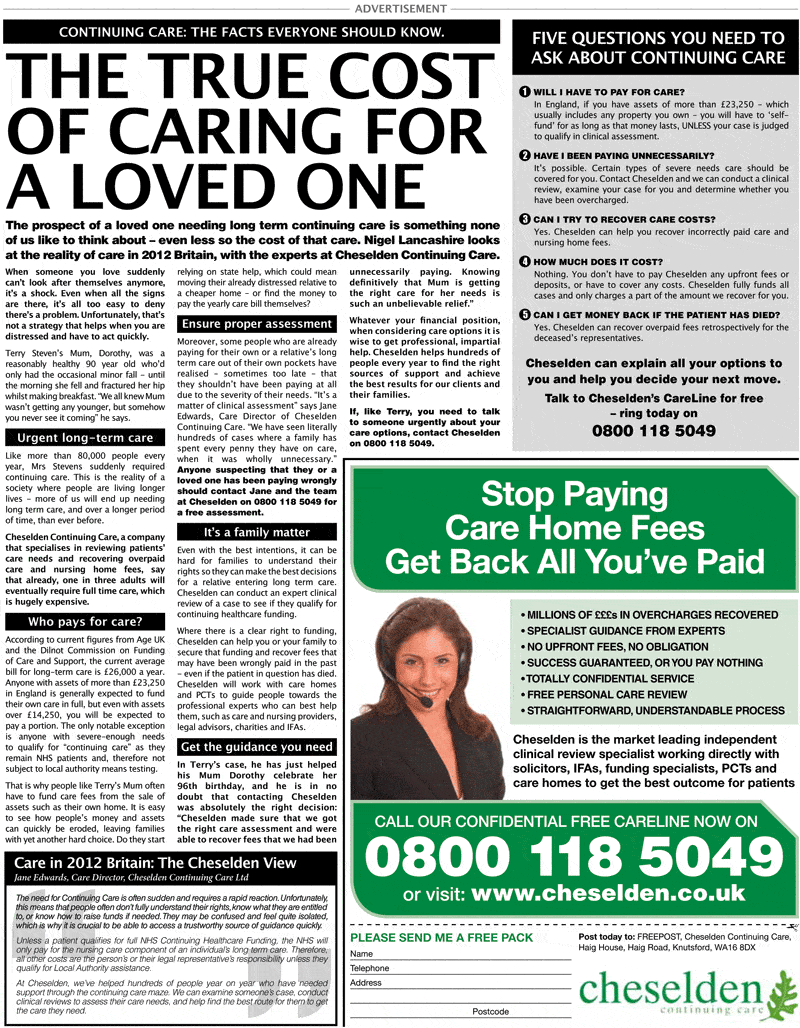Most marketing campaigns these days combine inbound and outbound strategies. A regular blog, an active social media campaign, and savvy SEO coexist with mobile and banner ads, print advertisements, and maybe even a direct mail promotion, depending on your business.
Sponsored content combines elements of both. Much like a blog or an article on your website, sponsored content provides useful information that aims to engage the reader early in the buying journey.
Yes, you have to pay for it, but as blogs flood the internet and social media marketing becomes less effective thanks to ever-changing algorithms, it’s definitely worth considering as part of your annual marketing budget.
What is sponsored content?
Sponsored content is advertising that looks and reads like editorial. The tone and look of the piece blends into a publication’s editorial content but should be clearly labeled as sponsored or promotional content. Here is an example from Forbes.
Sponsored content isn’t the same as advertorials. Advertorials are sales-y and are often marked as “advertisement.” Here’s one example:

Sponsored content may not mention the brand at all. They aim to help and entertain.
Why invest in sponsored content?
Say Business Insider’s readership perfectly matches your target audience. But no one at Business Insider will touch your press releases. Sponsored content allows you to reach that audience with editorial that you control.
“Sponsored content is a way to express your opinion in a writer’s voice. It’s a great way to promote yourself without promoting yourself,” says Adam Wallace, multimedia account executive for San Francisco Chronicle and its web counterpart, SFGate. The San Francisco Chronicle is part of the Hearst Newspapers group, which has found success with its Story Studio custom content solution. (Full disclosure: I write for StoryStudio.)
If you’re promoting an event, an advertisement only gives you a few words to deliver your message. With a sponsored story, “readers can experience the event before they go and make an educated decision,” says Wallace. Depending on the publication, sponsored content can include text, photos, video, or a combination of all three.
What’s the spend?
The rates for sponsored stories vary depending on the publication and the promotional package. Sponsored content on a popular blog may run less than $1,000, while sponsored content for a reputable publication may cost between $12,000 and $25,000 per post. Rates for Forbes’ BrandVoice range from $150,000 for two months (five posts minimum) to $100,000 per month for a package that includes home page placement, special feature opportunities, influencer engagement, and more.
What’s the ROI?
As with much content marketing, if you’re building brand awareness, you can measure ROI by organic traffic to your site, time spent on site, lead generation, and social media engagement.
If you’re promoting an event, attendance numbers will give you most of the data you need. For example, Wallace said that the Calistoga Chamber of Commerce used sponsored content this year to promote its Winter Wineries Passport Series. Ticket sales doubled from 2,500 last year to more than 5,000.
Words of caution
Be wary of sponsored content services that promise to deliver your article to a massive network. Find out exactly where and how they will publish your content. Reputable agencies such as Brandpoint places content in leading newspaper sites. Other companies may place your content as click bait. Do your homework!
The final word
When mapping out your marketing budget, consider a broad-spectrum approach that includes inbound staples such as blogs and social media, as well as e-mail marketing, print advertising, and sponsored content. With multiple channels delivering your message, the investing in sponsored content may give your ROI the boost it needs.



